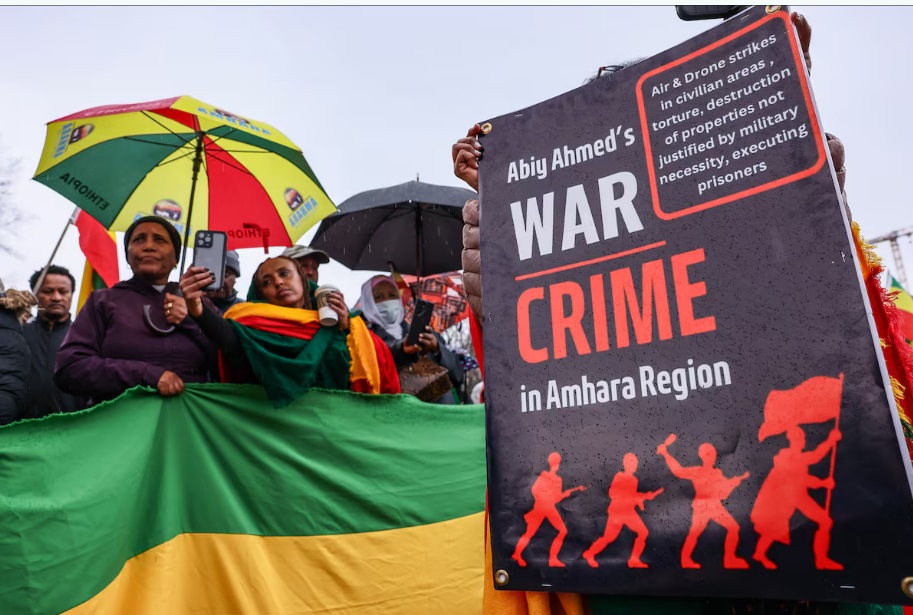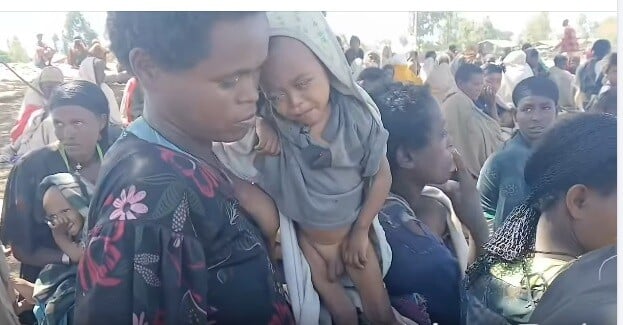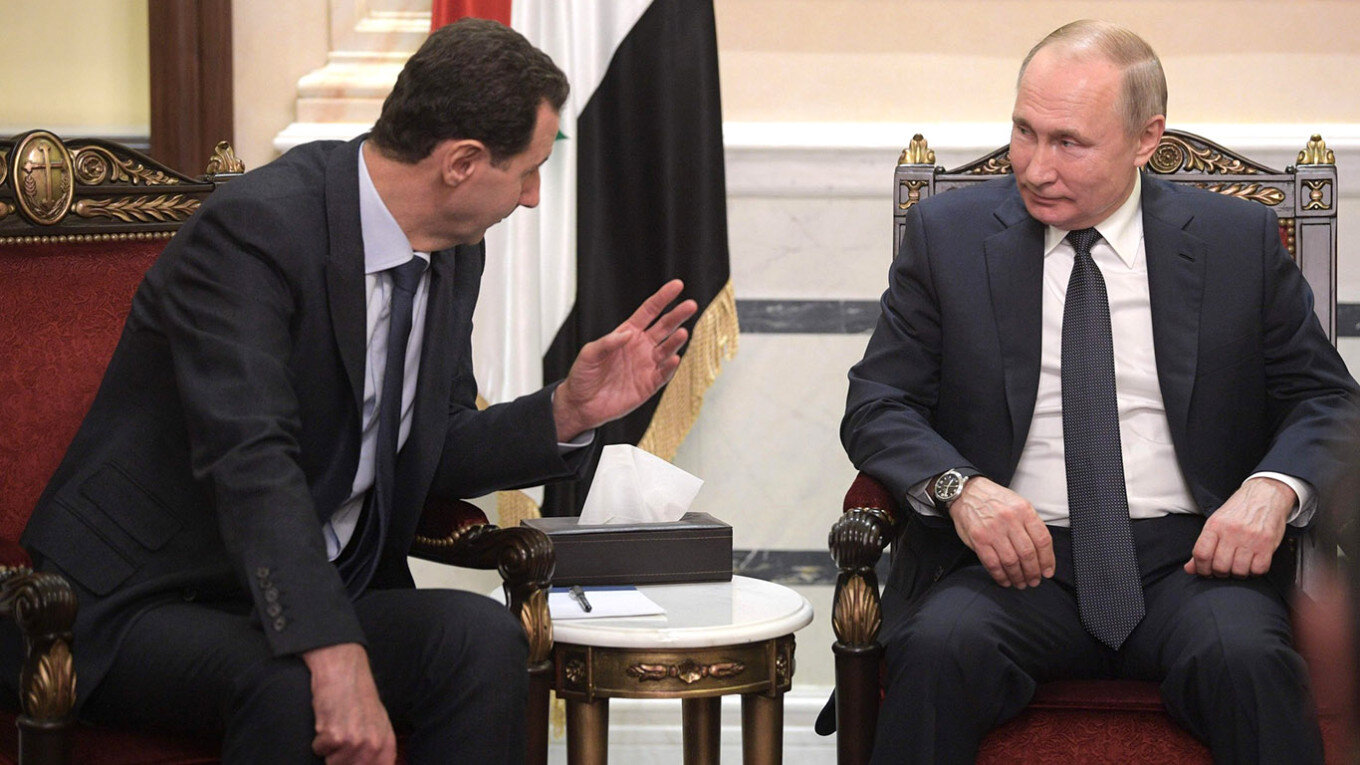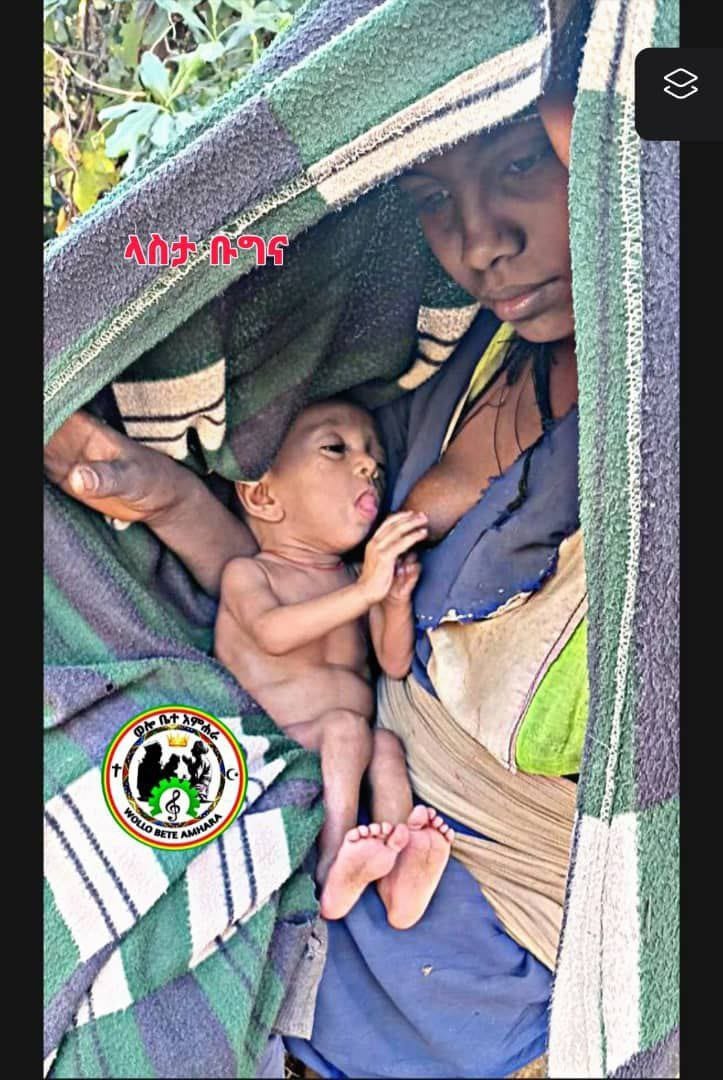 The U.S. Intelligence Community’s 2024 Annual Threat Assessment, published on 11 March, cautioned that even though the Pretoria Cessation of Hostilities Agreement (CoHA) was signed in November 2022 between the Ethiopian Government and the Tigrayans to end a two-year war, the lingering territorial disputes might reignite conflict.
The U.S. Intelligence Community’s 2024 Annual Threat Assessment, published on 11 March, cautioned that even though the Pretoria Cessation of Hostilities Agreement (CoHA) was signed in November 2022 between the Ethiopian Government and the Tigrayans to end a two-year war, the lingering territorial disputes might reignite conflict.
The threat assessment report was published on the day of the initial strategic review of the CoHA implementation at the AU headquarters in Addis Ababa, aiming to provide strategic insights and assistance for key components of the Ethiopian Peace Process, including humanitarian aid, DDR, rehabilitation, and reconstruction.
Following the day-long meeting, the African Union announced that both parties have reached an agreement to conduct comprehensive consultations aimed at promoting peace, security, and stability in the Tigray region. Additionally, they have agreed to maintain regular consultations.
AU’s announcement did not address whether there had been advancements in bridging the growing gap between the federal government and the Tigray interim administration, primarily because of unmet CoHA obligations. These obligations consist of the ongoing presence of Amhara regional forces supported by the government in western and southern Tigray, the failure to remove Eritrean forces from northeastern Tigray, and the slow progress in facilitating the return of internally displaced persons.
The annual threat assessment report highlighted that the Cessation of Hostilities Agreement in November 2022 between the Ethiopian Government and the Tigrayans ended a two-year war, but unresolved territorial issues may spark renewed conflict.
Recently, Minister of Defense Abraham Belay disclosed government intentions for federal forces to maintain authority in these regions to support repatriation efforts and allow residents to hold local elections upon their return.
The federal government previously proposed a referendum to address the status of the occupied western and parts of southern Tigray region, but Tigray’s interim administration emphasized following the constitutional process outlined in the Pretoria CoHA. Tigrayan authorities rejected the referendum plans due to concerns about demographic changes caused by an influx of settlers in western Tigray, accusing federal institutions of involvement in such modifications. Tigray Interim Administration President, Getachew Reda, stated that conducting a referendum is not feasible.
The 2024 threat assessment report not only warned about the return of conflict but also emphasized various global trends, such as the situation in Sudan. Additionally, it highlighted that Ethiopia is currently experiencing multiple internal conflicts simultaneously, which has escalated interethnic tension and increased the risk of atrocities against civilians. The report specifically focused on the ongoing conflict in the Amhara Regional State, which began in April 2023 and involved militarized hostilities between government forces and the Fano armed group in the Amhara region, persisting throughout the year.
In February, Ethiopian legislators prolonged a state of emergency in the Amhara region for an additional four months due to an ongoing militarized conflict resulting in numerous civilian casualties and significant damage to essential infrastructure. The initial declaration of the State of Emergency occurred on 03 August 2023 in response to widespread unrest triggered by protests against the federal government’s reorganization of regional special forces.
The demonstrations rapidly escalated into widespread violence and turmoil, culminating in the assassination of Girma Yeshitila, the leader of the ruling Prosperity Party in the region, on 27 April. On 28 April, the Ethiopian Joint Security and Intelligence Task Force declared that it had initiated “decisive actions” against “extremist elements” attempting to seize power in the Amhara regional state by undermining the constitutional order. The Amhara regional state has become the focal point of the recent armed conflict between government troops and armed factions, which has engulfed significant portions of the region.
AS


















You don’t need to read any report. Just follow busy-body Mike Hammer.